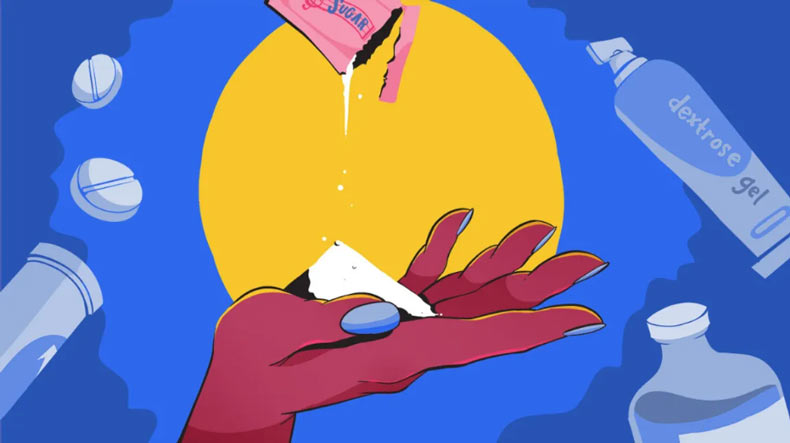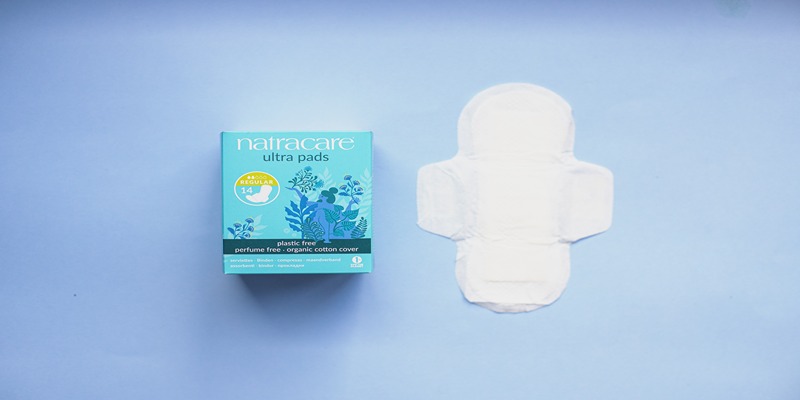When your doctor sends you to the store or pharmacy for something like "dextrose," do you know what they're asking for? If not, don't worry; dextrose is an important part of a healthy lifestyle, but it's certainly not as widely discussed and understood as other aspects of nutrition.
In this post,we'lll break down everything there is to know about dextrose-from its definition and function in the body to potential health benefits-so that readers can make informed decisions about when stocking their kitchen pantry!
What are common dextrose preparations?
Dextrose is available in various forms, including powders, tablets, and injectable solutions. Common preparations include dextrose monohydrate (a white crystalline powder), dextrose anhydrous (crystals that dissolve easily in water or other liquids), and Dextrose 50% Injection (a sterile solution for injection by intravenous or subcutaneous administration).
Each preparation has a different concentration of dextrose and is used for specific. For example, Dext 50% Injection is typically used to restore blood sugar levels in people with very low blood sugar (hyperemia). Talk to your doctor about which form of dextrose is best for you.
Regardless of the preparation, dextrose is generally safe when used as directed. Always follow your healthcareprovider'ss instructions when taking dextrose,, and report any adverse reactions or symptoms to your doctor immediately.
How is dextrose used?

Dextrose is used to provide energy in various forms. It can be added to food, beverages, and sports nutrition products as an energy source or sweetener. Dextrose can also be injected intravenously for medical purposes, such as providing additional calories for those malnourished or unable to take in adequate nutrients orally.
Additionally, dextrose may treat low blood sugar (hypoglycemia) in people with diabetes. Dextrose can also be applied topically to help heal wounds and prevent infection. Lastly, Dextrose is often added to IV fluids for patients who are dehydrated or unable to take adequate fluids orally.
What Foods Contain Dextrose?
Dextrose is a type of sugar found naturally in many kinds of food, such as fruits, honey,, and some dairy products. It can also be added to processed foods such as jams, jellies, canned fruit,, and soft drinks.
The most common form,, dextrose monohydrate (or"“glucos"”), is used as a sweetener and preservative in processed foods. Dextrose is also added to prepared mixes, such as cake, puddings, and soups. In addition, it is used to produce some alcoholic beverages like beer and wine.
Dextrose can also be found in dietary supplements such as tablets and powders, which provide energy and help replenish lost nutrients. Professional athletes also use it to increase energy levels during physical activity. Lastly, doctors often prescribe dextrose for people with diabetes who need to manage their blood sugar levels.
Ultimately, dextrose can be found in various foods, both natural and processed. However, it is important to read food labels to determine the exact amount of dextrose in a product so that you can make an informed decision about your dietary intake.
What are the Benefits of Eating Dextrose?

Dextrose carries the same risks as other sugars when consumed excessively. Consuming too much dextrose can have short-term and long-term effects.It'ss important to remember that although your body needs some sugar for energy, overconsumption can increase your risk of health conditions.
Weight gain
Dextrose is a source of simple sugars, which can cause weight gain when consumed in excess. A diet high in simple sugars and carbohydrates can cause your body to store more fat. Consuming a large amount of dextrose quickly can also lead to changes in insulin levels that may result in weight gain over time.
CavitiesIt'ss important to consider the oral health risks associated with consuming dextrose. Eating too much of this simple sugar can lead to an increased risk for cavities and tooth decay, as it fuels bacteria in your mouth. Limiting your intake of sugary treats is one way you can help protect your teeth from cavities.
Diabetes and other metabolic disorders
Overconsumption of dextrose can contribute to developing metabolic disorders, such as diabetes. Eating too much of this simple sugar can lead to elevated blood sugar levels,, which, over time, can cause insulin resistance and damage cells in your body. Limiting your sugary snacks and drinks intake can help reduce your risk of developing these conditions.
What precautions should I take when using dextrose?
When handling dextrose, it is important to take the following precautions:
- Wear protective clothing such as gloves and safety goggles when mixing, measuring,, or administering dextrose.
- Make sure you measure the correct amount of dextrose for each dose. An incorrect dosage may lead to serious medical consequences.
- Store dextrose powder in a cool, dry place at room temperature or below.
- Do not take any other medication within two hours of dextrose,,, as this may interfere with its effectiveness.
- Dispose of unused medication properly and do not share it with others.
- Keep out of reach of children and pets.
What are the side effects of dextrose?
People with diabetes must be cautious when consuming dextrose as their bodies may not process it as efficiently as those without diabetes. This can lead to a spike in blood sugar levels, known as hyperglycemia.
Symptoms include:
- Excessive thirst
- Blurred vision
- Fatigue
- Increased urination
- Headaches and dizziness
Additionally, people with diabetes may experience low blood sugar (hypoglycemia) when consuming dextrose. Symptoms of hypoglycemia include:
- Sweating
- Anxiety
- Shakiness
- Weakness
- Hunger
Effect on blood sugar
Dextrose is rapidly absorbed and raises blood sugar levels, making it an effective treatment for hypoglycemia. It has been used in the medical field for many years to treat patients with low blood sugar levels or who need a temporary energy boost.
Dextrose can also be administered intravenously (IV) to help replenish energy stores in the body. This is especially helpful for individuals unable to consume food or drink due to an illness or injury or to provide energy for those undergoing surgery.
FAQs
What is dextrose used for?
Dextrose injection is a sterilized solution that delivers additional water and carbohydrates (calories from sugar) to the body. It is utilized when a patient is unable to consume sufficient fluids or when there is a need for extra fluids.
Is dextrose the same as sugar?
Dextrose is a sugar variant that is usually obtained from corn or wheat. It is very similar to glucose, the sugar present in the bloodstream. Hence, the human body can rapidly utilize it for energy. Dextrose is commonly utilized as an artificial sweetener or preservative in food products.
Is dextrose a healthy sugar?
Regularly consuming excessive amounts of added dextrose can negatively affect your diet. Dextrose is a type of simple sugar, andit'ss common knowledge that consuming an excess of simple sugars can harm your health.
Is dextrose natural or artificial?
Dextrose is a type of glucose found naturally in foods like corn, fruits, and honey. Although dextrose, sucrose, and fructose are all simple sugars, their effect on blood sugar levels can differ.
Why dextrose in IV fluids?
Dextrose Injection can be used with amino acids or other intravenous fluids for patients who cannot consume food orally or through feeding tubes or when it is not enough or not advisable. It provides calories and replenishes fluids for patients who need parenteral nutrition.
Conclusion
In conclusion, dextrose is a simple sugar that can be used as an energy source for several different areas of the body. It can also be found in various food items, including fruits and honey.
Dextrose is an important energy source and can be used to supplement a diet or provide quick energy in a medical setting. It is important to understand the properties of dextrose and how it can benefit the body to make healthy decisions about its use.







